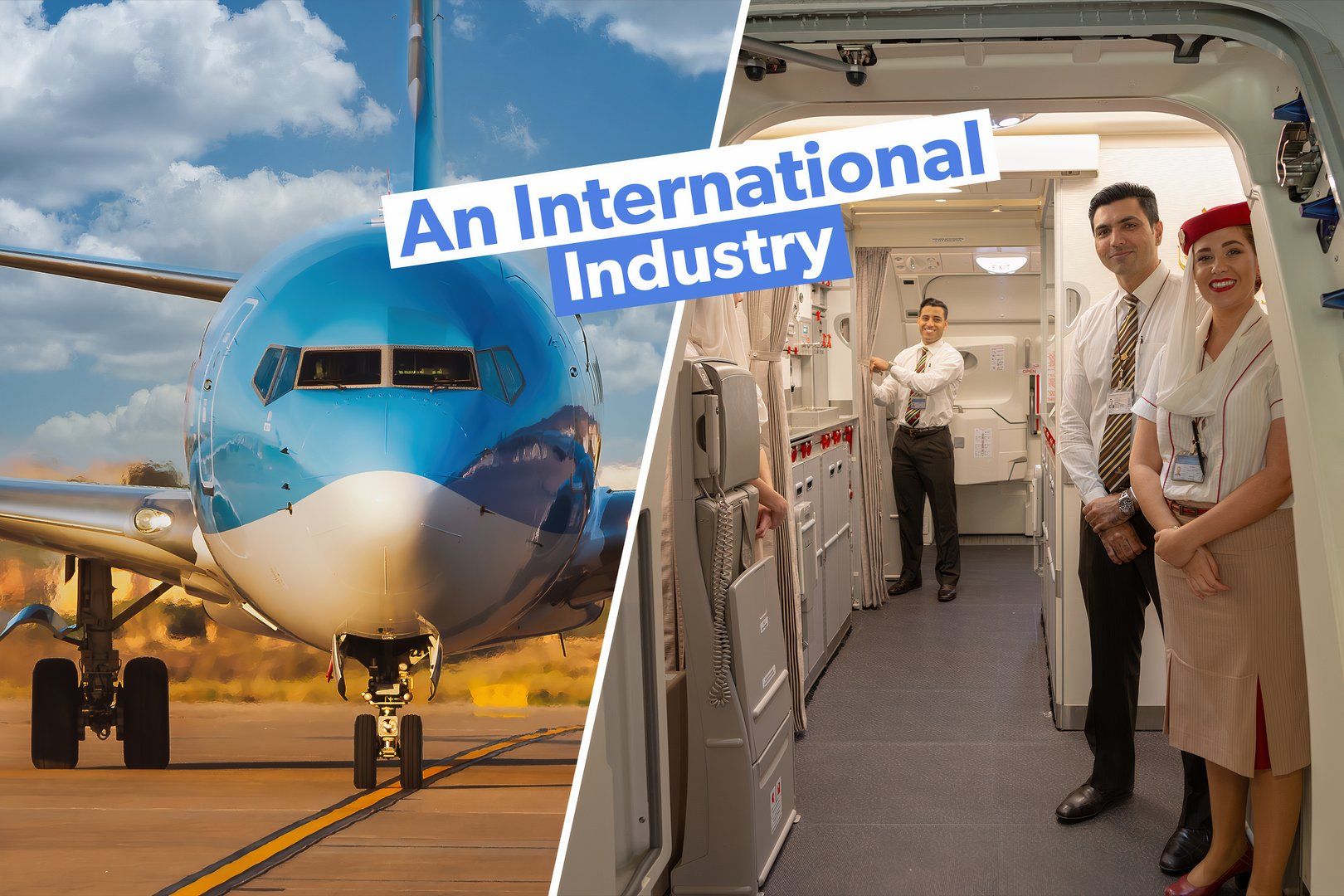In the highly globalized airline industry , flight attendants are often the first point of contact for passengers from diverse cultural and linguistic backgrounds. This makes foreign language skills an advantage and a critical requirement in the increasingly international travel environment. Communicating in multiple languages offers airlines, passengers, and flight attendants distinct advantages.
This article examines the importance of foreign language skills for flight attendants and why bilingualism or multilingualism is becoming an indispensable skill in the industry. It can be a make-or-break time for a career in the skies. Enhancing customer experience and safety Flight attendants ' primary responsibility is to ensure the safety and comfort of passengers throughout their journey.
Foreign language skills can significantly enhance both aspects. According to a study on the foreign language proficiency of cabin crew candidates , flight attendants who are proficient in multiple languages are better equipped to handle emergencies involving passengers who do not speak the airline's primary language. Effective communication in such scenarios can be crucial for instructing passengers on safety procedures, medical emergencies, or evacuation protocols.
Moreover, the ability to communicate in a passenger's native language fosters a more personalized and comfortable experience. According to Language Testing International , passengers feel more at ease and reassured when addressed in.


















